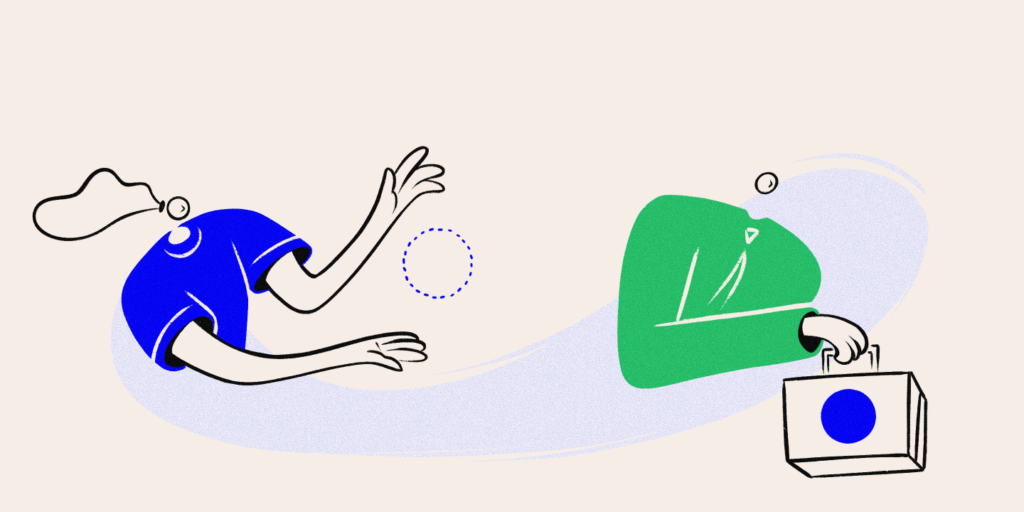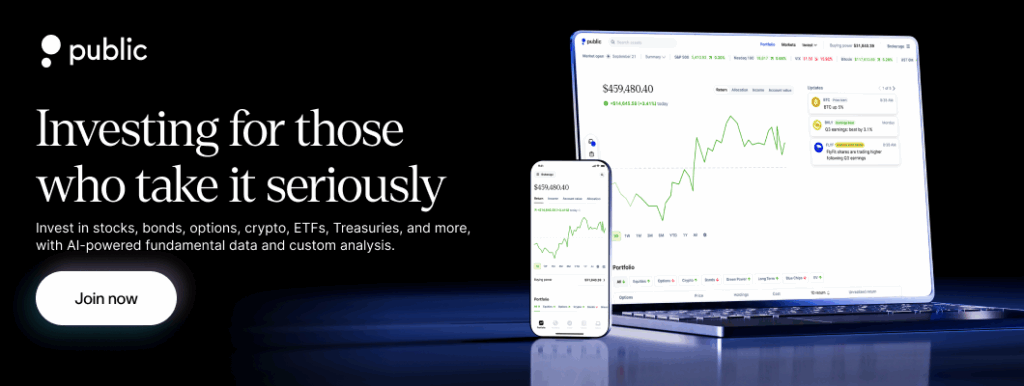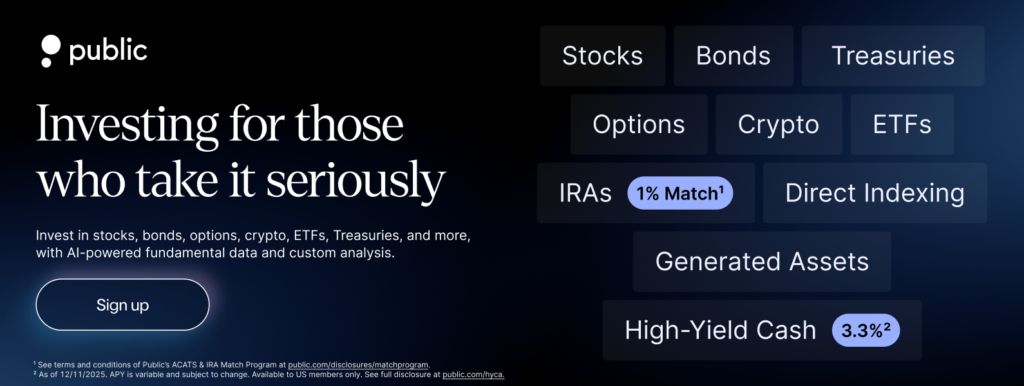When a company goes private, it undergoes a significant transformation that affects its ownership structure, regulatory obligations, and how investors can interact with it. If you’re an investor curious about what happens when a public company transitions to private ownership, this comprehensive guide will walk you through the process, implications, and many more.
What happens to a company’s stock when it goes private?

Table of Contents
- Understanding the basics: Public vs. Private companies
- What does it mean when a company goes private?
- Why would a company go private?
- What happens to shareholders when a company goes private?
- How does a company go private?
- Examples of companies going private
- Pros and cons of a company going private
- Conclusion
Understanding the basics: Public vs. Private companies
Public companies are those whose shares are traded on stock exchanges like the New York Stock Exchange (NYSE) or NASDAQ. These companies are subject to regulatory oversight from the U.S. Securities and Exchange Commission (SEC) and are required to disclose financial statements, hold annual shareholder meetings, and follow stringent reporting standards.
Private companies, on the other hand, are not listed on public stock exchanges and generally have fewer disclosure obligations. Their ownership is typically limited to a smaller group of investors, such as founders, private equity firms, institutional investors, or even employees.

What does it mean when a company goes private?
When a public company goes private, it means its shares are no longer available on public stock exchanges. The transition usually occurs through a buyout, where an individual, group, or entity purchases enough outstanding shares to gain a controlling interest, then takes the company off the market.
These buyouts can take several forms:
- Management buyouts (MBOs): Led by the company’s own executives, often with the help of outside financing.
- Private equity buyouts: Orchestrated by private equity firms that pool capital to acquire public companies, frequently using leveraged financing.
- Strategic buyouts: Conducted by another company that sees strategic value in acquiring the target.
After the buyout, the company typically deregisters its shares with the SEC and no longer needs to file quarterly or annual reports. The ownership becomes concentrated among a small group of private stakeholders, decisions are generally made by this group rather than a broad base of public shareholders.
Why would a company go private?
There are several reasons a company might choose to go private:
- Reducing regulatory burden: Public companies must comply with extensive SEC regulations and Sarbanes-Oxley reporting requirements, which can be costly and time-consuming, especially for smaller firms.
- Operational flexibility: Private ownership allows management to focus on long-term strategies without the pressure of meeting quarterly earnings expectations or responding to public shareholder demands.
- Cost savings: The expenses associated with maintaining a public listing, including auditing, legal, and compliance fees, can be significant, and going private can reduce these costs.
- Turnaround strategy: Companies experiencing underperformance or undergoing restructuring may go private to implement changes away from public scrutiny, allowing for more effective transformation without market pressures.
- Ownership consolidation: Founders or large stakeholders may wish to regain greater control over the company and make decisions without the influence of public shareholders.
What happens to shareholders when a company goes private?
If you own shares in a company that is going private, you will typically be offered a cash payment for your shares, often at a premium to the market price at the time of the announcement. Once the transaction closes, you no longer own shares in the company, and you cannot trade them on public exchanges.
In some cases, the buyout may include a mix of cash and shares in the acquiring company, but most often, it’s an all-cash deal. After the company is private, shares are not available for public trading, and any future ownership transfers occur privately, often with restrictions.

How does a company go private?
The process of going private typically unfolds in several key steps:
1. Buyout offer
A group of investors, often a private equity firm or the company’s management, makes an offer to purchase all outstanding shares from public shareholders. This offer is usually at a premium, meaning it’s higher than the current share price to encourage shareholders to sell.
2. Financing the transaction
Going private transactions often involve a significant amount of debt. The acquiring group may use the company’s own assets and future cash flows as collateral to secure loans for the buyout. This is known as a leveraged buyout (LBO).
3. Shareholder approval
Shareholders are given the opportunity to vote on the buyout offer. If the majority agrees, the transaction moves forward. In some cases, a “tender offer” is made directly to shareholders, who can choose to sell their shares at the offered price.
4. Delisting and deregistration
Once the buyout is complete, the company’s shares are delisted from the stock exchange, and the company deregisters with the Securities and Exchange Commission (SEC). It is no longer required to file quarterly or annual reports with the SEC.
Examples of companies going private
Several well-known U.S. companies have gone private over the years. These real-world examples offer insight into why and how these transitions occur.
Panera Bread (2017)
Panera Bread was acquired by JAB Holding Company for approximately $7.5 billion. The company cited the ability to focus on its customer experience and expansion strategy without the pressures of public shareholder expectations.
Twitter/X (2022)
In a highly publicized move, Elon Musk acquired Twitter for roughly $44 billion, taking the social media platform private. This example highlighted how public ownership can be replaced with a single private owner who may implement sweeping changes to the company’s strategy, structure, and operations.

Pros and cons of a company going private
Understanding the potential upsides and trade-offs can help you make sense of why some companies choose to leave public markets. Here’s a quick look at both:
Pros
- Streamlined decision-making: Private companies are no longer required to answer to public shareholders or analysts each quarter, which might allow management to focus on long-term priorities and make decisions more efficiently.
- Reduced regulatory requirements: Private companies are not subject to the same SEC reporting and compliance rules as public companies, which can reduce costs and workload.
- Greater strategic flexibility: Without public market pressures, companies can pivot or pursue long-term strategies without concern for short-term stock price movements or external expectations.
Cons:
- Loss of transparency: Once private, a company no longer files public financial reports, so investors lose access to regular disclosures.
- Limited liquidity: Private company shares are typically illiquid and may not have a clear market value, making them harder to sell.
- Potential disagreements on valuation: Shareholders may not always agree with the buyout price, especially if they believe the company’s future potential is not fully reflected in the offer.
Conclusion
When a company goes private, it changes how decisions are made, how information is shared, and how you, as a shareholder, engage with your investment. Understanding the process and implications of privatization might help you stay informed as companies pursue different strategic directions.
If you’re interested in tracking corporate actions such as mergers, buyouts, or privatizations, we at Public.com offer tools and information to keep you updated. Whether you’re monitoring a specific company or managing a diverse portfolio, having access to timely data and insights may help you stay aware of significant developments as they occur.
Sign up on Public app to start building your portfolio with data and tools designed to keep you informed.
